Surveillance Epidemiologist, California Emerging Infections Program
Category : Post-Grad Student Opportunities
Description
The goal of California Emerging Infections Program (CEIP) COVID-19 surveillance is to determine the extent of laboratory-confirmed incident disease in the three bay area counties of Alameda, Contra Costa and San Francisco where active population based surveillance for hospitalized patients for a variety of diseases has been ongoing for over 25 years. This specific position will assist both CEIP and the California Department of Public Health (CDPH) Immunization Branch with COVID-related data management, long-term surveillance for COVID-19 and the writing of reports. The Surveillance Epidemiologist will help collect, manage, and analyze data; and report results on a regular basis, at least weekly. As needed, this position may also support other COVID-19 projects including, but not limited to, enhanced surveillance projects, outbreak investigations and surge efforts.
The Surveillance Epidemiologist will interact with numerous CDPH programs, local health departments (LHDs), and the Centers for Disease Control and Prevention (CDC) to perform essential functions. Please submit a cover letter with a resume when applying.
Applicants must submit a cover letter and resume to be considered.
Essential Functions
- Coordinate and interact with state and local public health departments, laboratories, Communicable Disease (CD) Controllers and other health agencies.
- Establish and maintain reliable, efficient, and effective methods for communicating with involved partners via telephone and email.
- Ensure that the needs of CEIP surveillance are met, to the extent possible.
- Establish and maintain standardized methods of data collection in the California Reportable Disease Information Exchange (CalREDIE) or external electronic databases.
- Clean data and maintain data quality and completeness.
- Analyze data to determine level of hospitalization in the catchment, stratify data by key factors (e.g., demographic groups).
- Assist with the generation of data visualizations and written and oral reports.
- Present at meetings and scientific conferences, if applicable.
- Participate in conference calls with epidemiology and laboratory partners at CDPH, CDC, California LHDs, healthcare facilities, and other state and local health departments.
- Perform other duties as directed by the supervisor.
- Collaborate effectively in a team environment.
Job Qualifications
- Demonstrated ability to effectively communicate orally and in writing with public health and healthcare professionals and internal partners.
- Ability to perform data entry, data cleaning, and data quality assessment with attention to detail.
- Knowledge and application of Health Insurance Portability and Accountability Act (HIPAA) requirements and protection of health information.
- Demonstrated knowledge and skills related to specific tasks, methodologies, and materials.
- High level analytical and problem solving skills.
- Completed assignments in a timely and efficient manner.
- Ability to prioritize and manage multiple tasks, and work independently.
- Demonstrate reliability and integrity.
- Prior knowledge and experience in use of CalREDIE, preferred.
- Fluency in spoken English is required.
Education/Experience
- Candidacy for or completed Master’s degree in public health or related field, required.
- Experience in data entry and analysis.
- Experience with clinical terminology and interpreting laboratory testing results.
- Experience in coordinating complex projects.
- Basic knowledge and use of statistical software such as Statistical Analysis Software (SAS), preferred.
- Basic knowledge and use of data visualization software such as Tableau, preferred.
Other Skills, Knowledge, and Abilities
- Knowledge of and skilled in the use of Microsoft Office products including Word, Excel, Access, Outlook, and Power Point
Apply
Click here to apply online!
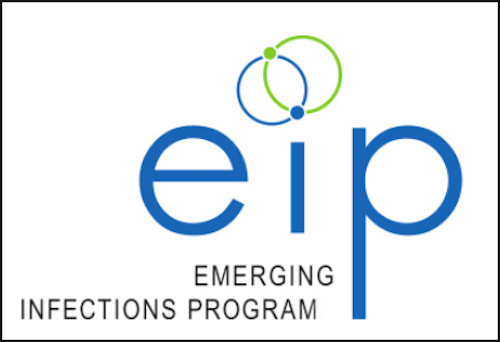
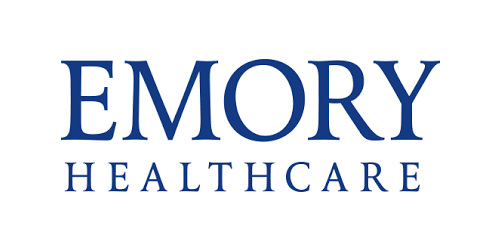



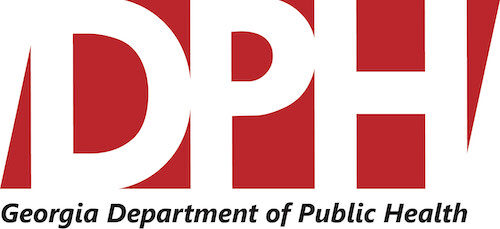
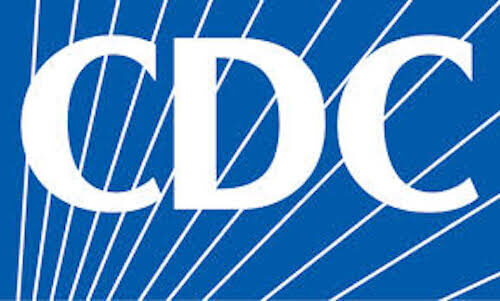

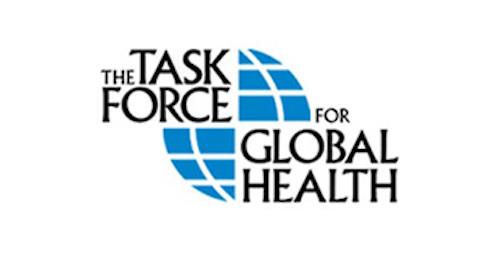
Recent Comments